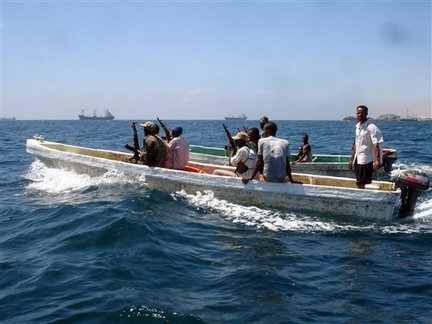
December 2012
As a United Nations expert panel wrapped up its week-long visit to the Horn of Africa, it urged the government of Somalia to take more steps to ensure internal security in the country. The panel also noted that the government of the country should increase regulations on private military contractors.
Faiza Patel, the head of the United Nations Working Group on private security, said “As Somalia rebuilds its security institutions, the Government should ensure that private security forces are properly regulated and do not become a substitute for competent and accountable police.”
She added that “all Somalis have the right to security, not just those who can afford to pay for it.”
This advice comes with the hope that Somalia will be able to continue it’s recent transition to a stable political and security situation after decades of civil war and violence. The country has taken recent steps forward by adopting Provisional Constitution, establishing a Parliamet and appointing a President and Prime Minister. While these symbolic steps are indeed important, it is vital to note that the country has a long way to go before setting up a sufficient security apparatus. Many of the regions still remain practically autonomous, and the radical Islamic group al-Shabaab is a constant threat to stability.
Because the neophyte government is so weak, the Working Group recommended strict regulation of private security forces, which would no doubt become prevalent before the government is able to solidify its own control of the security situation. The group recommended the development of legislation that reinforces its control over these groups.
The group believes that such laws are effective only with consistent application. But if properly enforced, they believe the it would guarantee that private security contractors operate in a “legal, transparent and accountable manner,” according to Working Group member Anton Katz. He was further concerned that the existence of private security companies would result in an unbalanced security umbrella, leaving certain populations of Somali’s unprotected.
One group that has drawn the scrutiny of the United Nations is the Puntland Maritime Police Force (PMPF), which was created to combat piracy in the Puntland region. The UN, however, has expressed concern that the force has been used for other, non-counter-piracy operations, and may be used to further private political agendas. The Working Group cited a recent case where the PMPF restricted the campaign of a candidate campaigning for the high-office of the region. Puntland, however, maintains a degree of autonomy and may be difficult to get under foot of the newly established central government of the country.
Although the use of private-security on merchant vessels doesn’t affect areas directly under Somalia’s sovereignty, the UN group did address that issue as well. They noted concern that there have been a dearth of international regulations on such contractors, and that they run the risk of committing human rights abuses at sea.
The United Nations itself employs private-security forces as well. Often used to supplement the UN-backed African Union Mission in Somalia (AMISOM), the Working Group welcomed efforts to ensure that its own private security contractors were held to high standards.